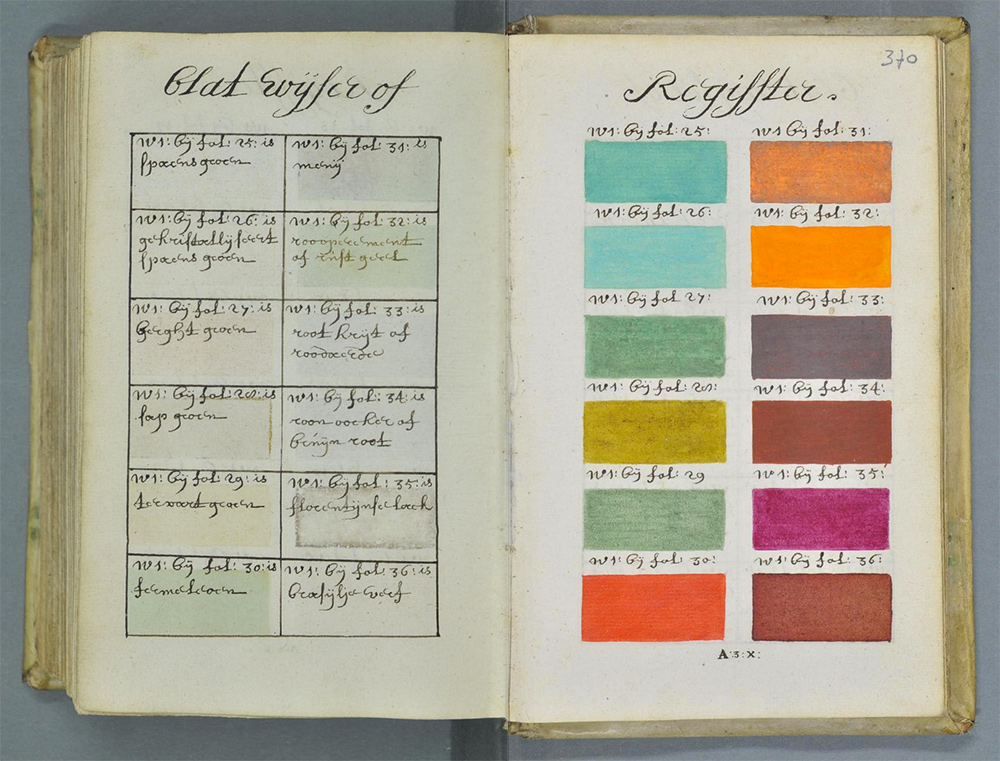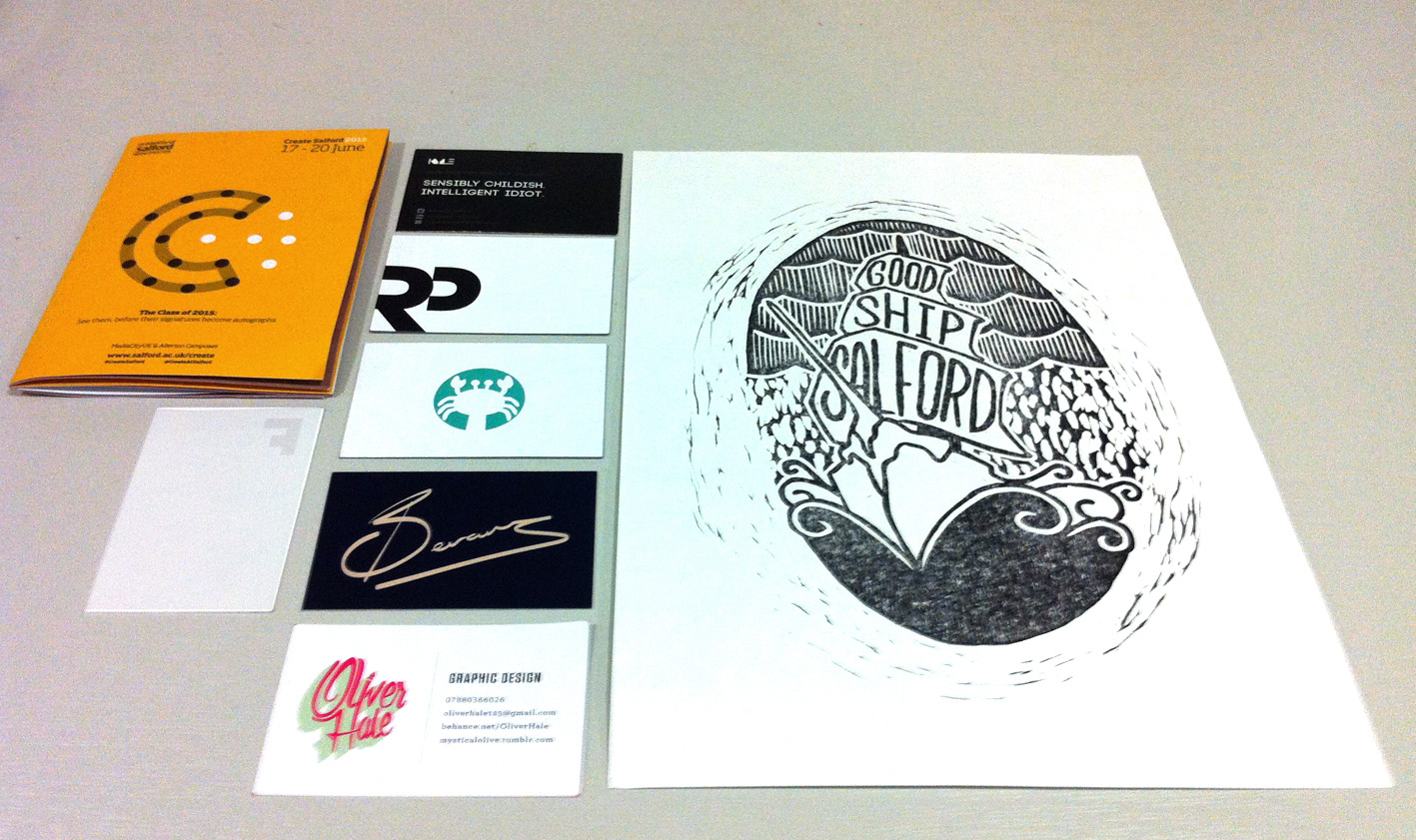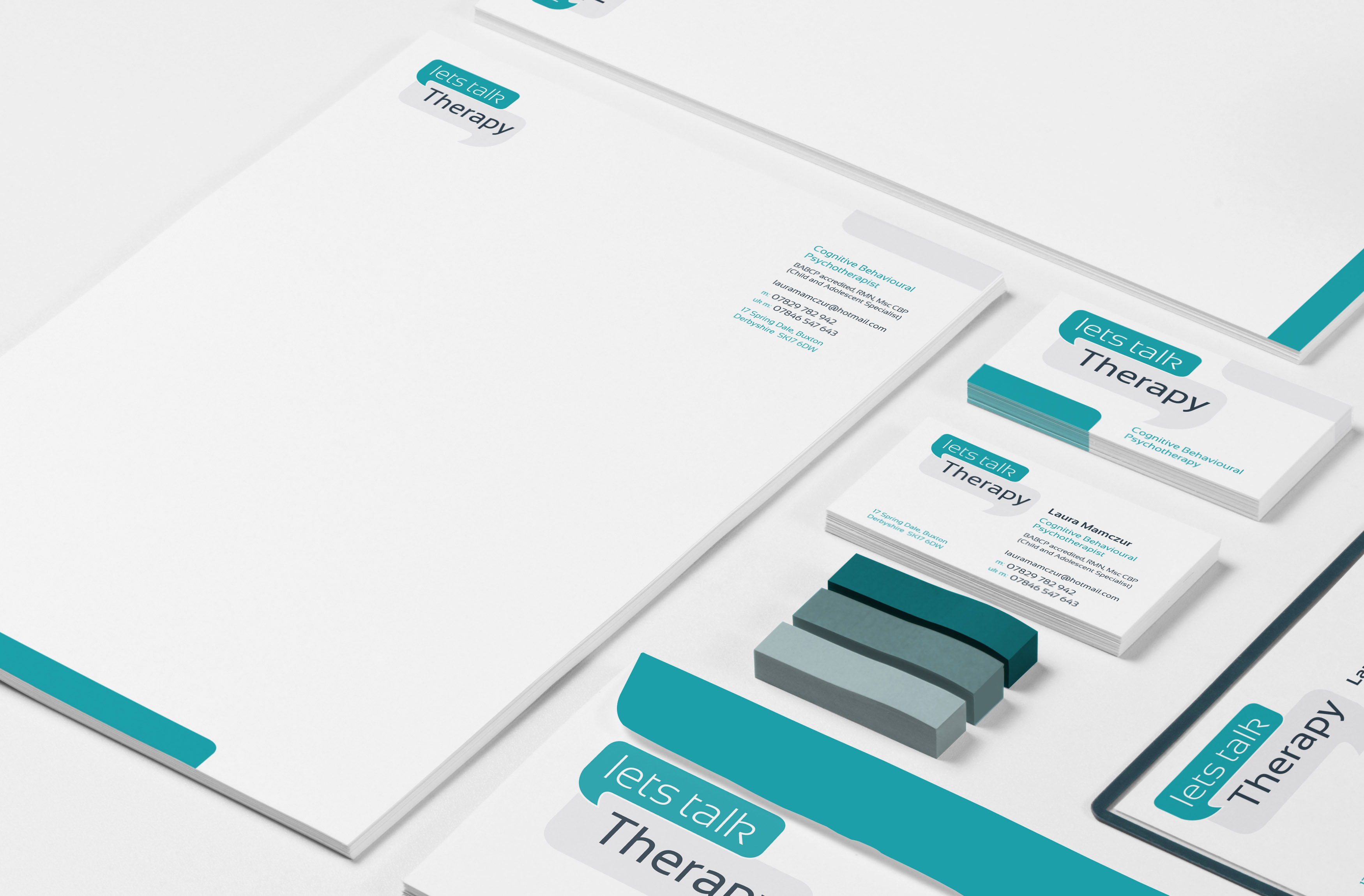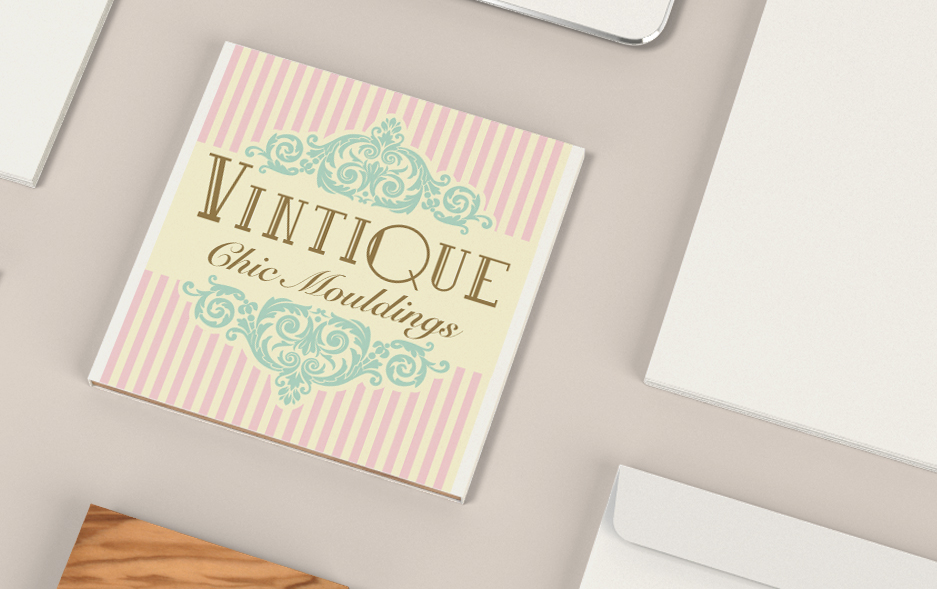Eight reasons the new National Trust website is funkier than yours
Here are some cool bits from its new responsive website.
Ghost buttons…
Lovely stuff. Ghost buttons are becoming more and more common.
This nice bit of CSS helps every call to action look a little more elegant and means they don’t have to detract as much from content.

…including the best call to action ever written
There’s nothing more to say about this, other than it’s not a euphemism, and you can click through below if you’d like to go.
Colour and contrast
The National Trust is about cultural heritage, but a shorthand for that is beauty.
So, it’s very pleasing that the new Trust website has such bold colouring and contrast throughout. It really does improve the experience.
Below is a selection of elements that stood out.






A long-arsed membership landing page
I can’t capture the page in full, but go and check it out for yourself. It’s a long, persuasive and content-filled page intent on increasing memberships.
Not only is it visually stunning but it caters for a number of different personas, includes seasonal detail, testimonials, FAQs and editorial (’10 reasons a National Trust membership might change your life’).
Here are three of my favourite bits…



First person stories
Who can sell your wedding venues better than the happy bride and groom?
This is great marketing, not to mention delicious typography.
The faceless testimonials shown above on the membership page are nicely presented (where the product is worth around £100), but when the service on offer is a few orders of magnitude more expensive, and part of the ‘best day of your life’, something more persuasive is called for.
Superbly inclusive copywriting (and the second best ever call to action)
The National Trust relies on donations, volunteers and a massive amount of good will.
Creating a website that represents the open face of the organisation starts with copywriting.
This screenshot uses decetively simply copy, all very much in an active and friendly voice.

Chunky search
The search facility is really fun to use, thanks to its prominence just below the fold on the homepage, use of a chunky text field, auto-suggest and beautiful results pages.
No doubt a more prominent search bar will give the National Trust another source of data to assess regional interest in the organisation.


A fantastic jobs website
There’s a new jobs website, too, on another domain.
It’s just as enjoyable. In the new world of talent shortage, changing company culture,transparent organisations and innovation labs, the National Trust jobs website is as good as any I’ve seen at setting the right tone.












